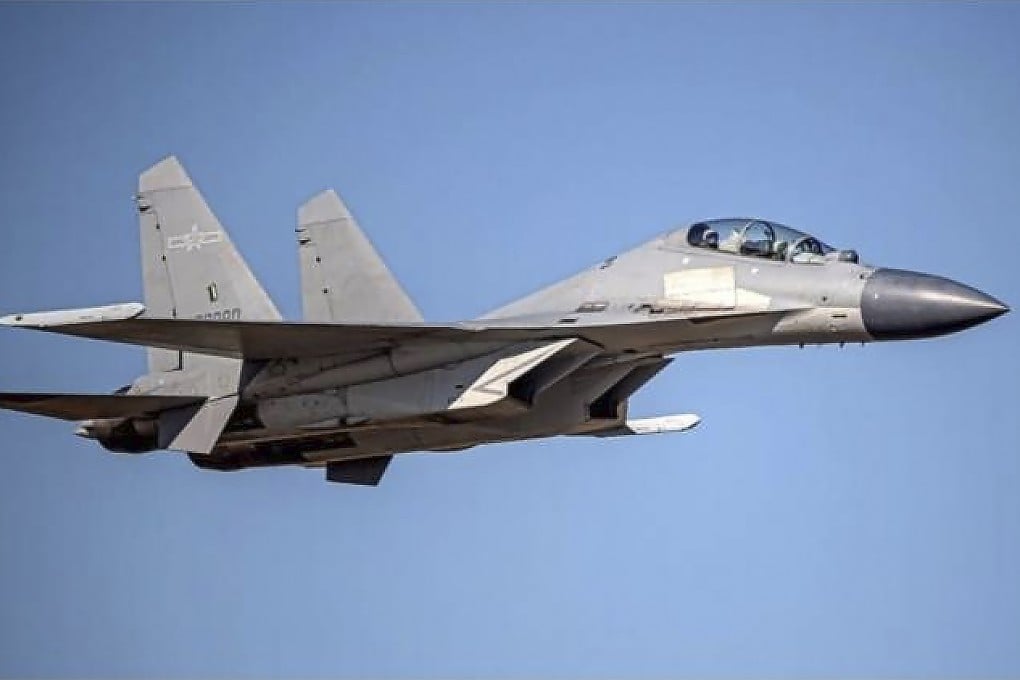Advertisement
Beijing is likely to step up its campaign to ‘reunify’ with Taiwan, analysts say
- Chance of an armed conflict seen as higher than five years ago as PLA ‘will soon be equipped with the tools needed’ to attack
- Beijing could also use a range of non-military options to achieve its goal
2-MIN READ2-MIN
99+

Beijing is expected to pile even more pressure on Taiwan to achieve its goal of taking control of the self-ruled island, analysts say, as Washington moves closer to Taipei.
The assessment comes after two US senators on Thursday introduced a bill to boost support for the island with billions of dollars in security assistance and changes to the law underpinning Washington’s unofficial ties with Taiwan.
It followed remarks by Chinese Defence Minister General Wei Fenghe on Sunday that Beijing would “fight at all costs” any efforts to make Taiwan independent and was trying its best to “peacefully reunify” the island with the mainland.

Tensions are soaring across the Taiwan Strait, with the People’s Liberation Army ramping up activities near the island in recent years, while the US, Japan and Britain have all sent warships through the strait on freedom of navigation patrols. On Monday, China’s foreign ministry said Beijing had sovereign rights over the Taiwan Strait, rejecting US claims it is international waters.
Advertisement
Ridzwan Rahmat, principal defence analyst at Janes, said the chance of an armed conflict between Beijing and Taiwan was significantly higher now than it was five years ago.
“This is because the PLA will soon be equipped with the tools needed to mount an invasion force across the Taiwan Strait,” Rahmat said. “Given this ability, we can expect Beijing to exhibit a lot more assertiveness when it comes to dealing with Taiwan.”
Advertisement
China on Friday launched a new aircraft carrier, the Fujian, which will take the fleet to three and is the nation’s first domestically developed carrier.
Advertisement
Select Voice
Select Speed
1.00x